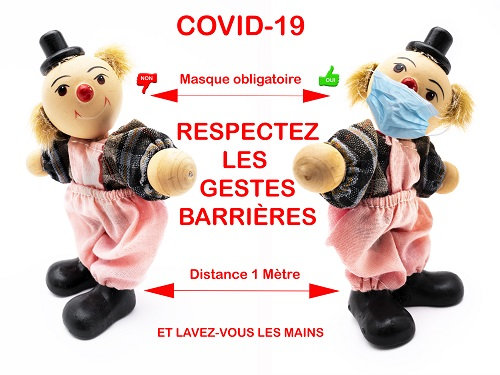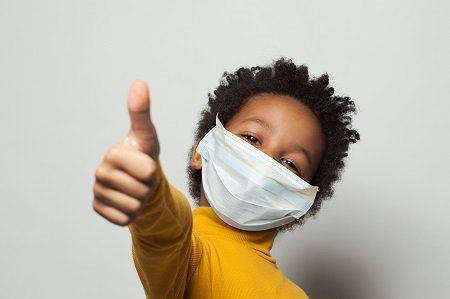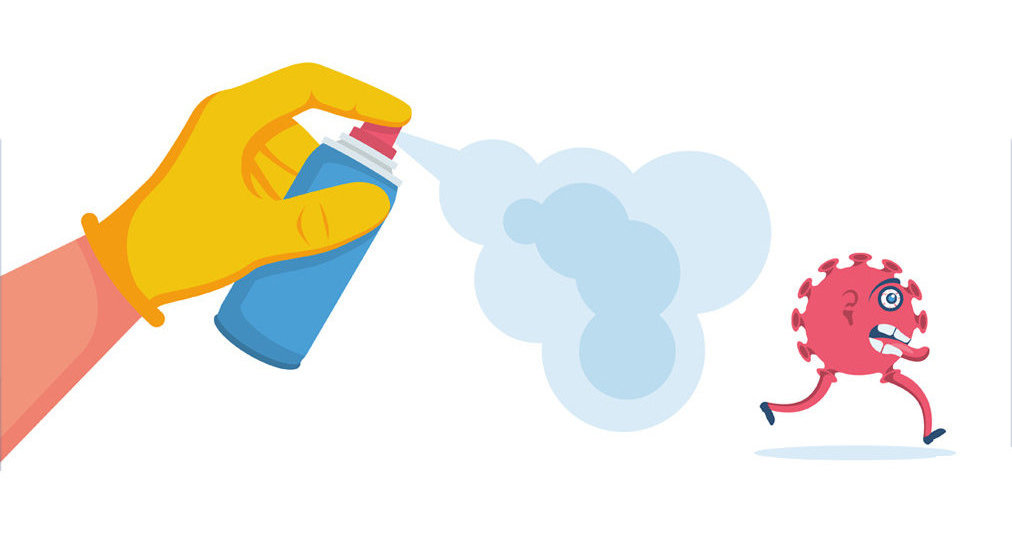It is essential that we respect the barrier gestures if we’re to stop the spread of coronavirus and protect both adults and children:
- Wear a mask
- Wash your hands regularly
- Respect social distancing

In schools, where several hundred people work and study together daily, it is important to take particular care during the Covid-19 epidemic. Particularly when it comes to handling all the materials and tools shared by pupils.
We have therefore asked the various robotics manufacturers we work with to share their advice on how to properly disinfect their educational robots.
Below we have summarised what they said.
This way you can continue using your robots as a teaching aid while respecting optimal sanitary conditions.

How can I make sure my robot is properly disinfected?
- Begin by turning off your robot.
- If necessary, disconnect all the cables connected to peripherals.
- Spray a disinfectant solution onto one or two paper towels.
- Clean your robot with these paper towels.
- Wait until your robot is dry before turning it on again.
▼ Beware! ▼
A soft cloth soaked in a little 70° alcohol will also do the trick, but we don’t recommend using hydroalcoholic gel on robots.
The paper towels (or soft cloth) must be damp, but not too wet.
Do not spray the disinfectant directly onto the robot.
Make sure you clean the robot’s buttons thoroughly (it is these parts that are touched the most).
Pay attention to the robot’s grids, openings and the gaps in its protective shell.
▼ Other tips ▼
Remember to air your classroom reglularly and for a sufficient amount of time.
Organise pupils into small work groups whenever possible (pairs).
Make sure you have enough bottles of hydroalcoholic gel for all your groups.
▼ Ideal robotics projects for classrooms ▼

